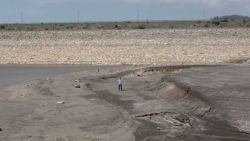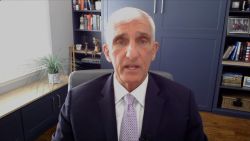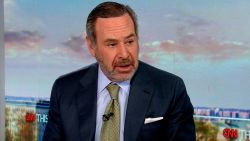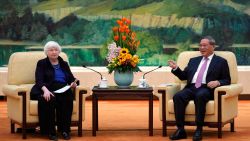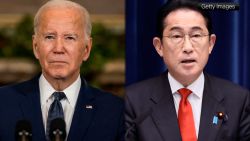Editor’s Note: George Magnus is an associate at the China Centre at Oxford University, a research associate at the School of Oriental and African Studies, and former chief economist of UBS. The opinions expressed in this commentary are his own.

The coronavirus epidemic that originated in the central Chinese city of Wuhan has already infected an estimated 7,800 people and claimed 170 lives as of Thursday morning. Coinciding with the Lunar New Year, when hundreds of millions travel across China, the outbreak has forced the authorities to at least partially shut down more than a dozen cities.
It will also undo much of the recently gained momentum of China’s economy, which was expected to turn the corner during the first half of this year.
A public health scare on this scale is likely to have immediate economic repercussions for China’s economy in three vital ways: a sharp downturn in the tourism and leisure industry as people cancel or avoid travel and events; a pause in spending, production and borrowing as uncertainty and travel restrictions impact businesses, jobs and consumer confidence; and higher costs related to measures introduced to mitigate the spread of infection, such as the extension of the holiday period, delays in people returning to work and health screenings.
Travel
Domestic and international travel is now substantially higher and more important to China’s economy than when SARS dealt a harsh blow in 2003. But flight cancellations to China to contain the spread of the Wuhan coronavirus, coupled with other costs, will likely cause serious economic damage. The short-term impact now depends critically on how bad the coronavirus infection becomes and how long it takes to control the outbreak and treat those infected.
Over the longer term, or as soon as the virus is brought under control and the infection rate starts to decline, we should expect China’s economy to normalize.
Business confidence and production
This is all happening at a difficult time for China. Toward the end of 2019, it looked as though the further easing of economic policies, such as an increase in infrastructure spending and looser monetary and budgetary policies, had allowed the economy to stabilize following a significant slowing in the summer and fall of last year. The slowdown, which has been going on for a few years, was accentuated by a clampdown on aggressive financial risk-taking and malpractice, rising debt burdens, higher pork prices arising from the outbreak of a virulent form of African swine fever and the burden of the trade war with the United States.
The expected improvement in economic activity in the first half of 2020 is most unlikely to happen now. Indeed, growth may slide considerably, even if official data portray the economy as still growing at about the 6% government target. The reality is that China’s economy is almost certainly growing below that rate, and that the cumulative effects of the current public health crisis will tend to drive the growth rate even lower in the near term.
Government trust
Even though the economy should be expected to bounce back once the virus is brought under control, the real issue for China may be that citizens think that the political authorities were slow to share information about it. This would add to other political issues surrounding the government, including the detention camps in Xinjiang Province, the protests in Hong Kong, the recent election in Taiwan and the trade war with the United States.
We shall have to see, once the public health scare is over, how the economy bounces back and whether the government tries to give it some additional help. But the lesson from this episode is not so much the economic costs of temporary shocks, which we can measure and are in some ways self-correcting. Rather it is the longer-term consequences for the economy of a highly centralized and authoritarian government, whose flaws have been further exposed by this health crisis.









